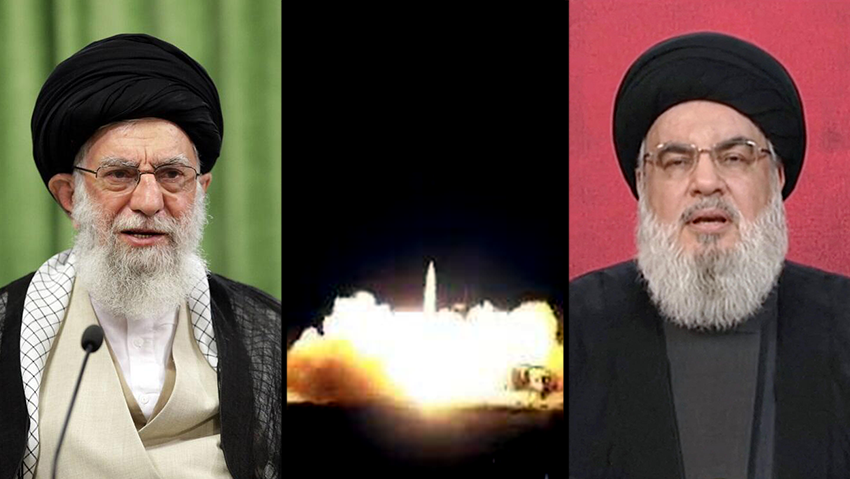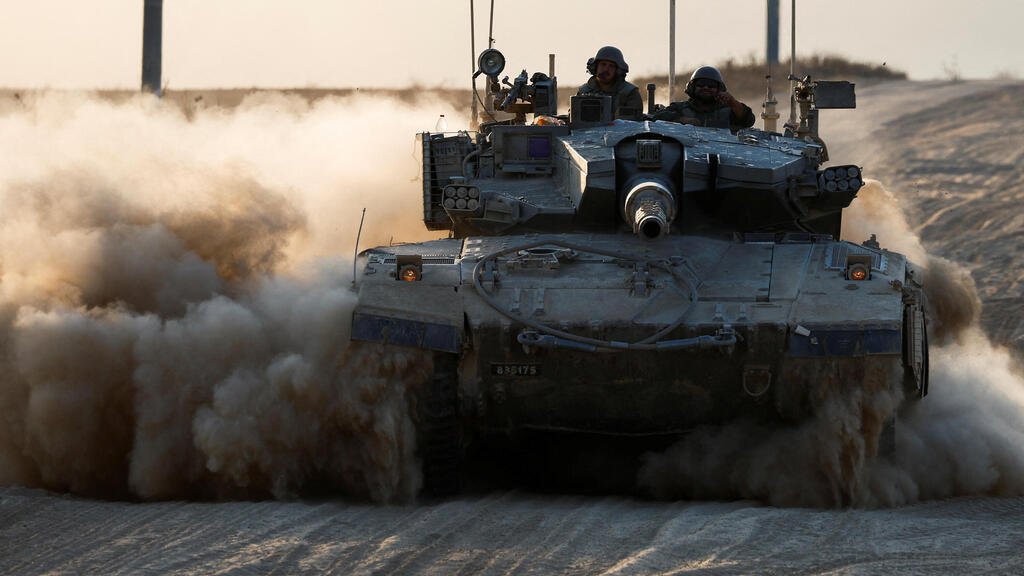Getting your Trinity Audio player ready...
Western officials are devising a comprehensive framework to end the war in Gaza and prevent Hezbollah and Iran from retaliating for the assassinations of Fuad Shukr in Beirut's Dahieh district and Ismail Haniyeh in Tehran, the Qatari newspaper The New Arab reported on Thursday that
According to the report, Western officials are working to persuade Middle Eastern counterparts to support the deal. The proposal, circulated in recent days, includes a cease-fire, Israeli withdrawal from the Gaza Strip, the establishment of stable peace, the completion of a prisoner exchange deal, expanded aid to Gaza and development efforts for reconstruction in the region.
Israel has not dismissed the possibility of such an initiative. Officials are considering using the current tense period to secure a multifaceted resolution to the ten months of volatile conflict, which has yet to escalate into a regional war. This could involve a hostage deal with Hamas, potentially resulting in the release of at least several dozen hostages alive.
A deal with Hamas could lead to Hezbollah refraining from retaliation, facilitating a cease-fire in the north, with U.S.-mediated negotiations to distance the terrorist organization from the border. This would also allow for the reconstruction of northern and southern Israel and the replenishment of IDF supplies after prolonged, exhaustive fighting in Gaza.
Senior security officials are pushing for this scenario, which could stabilize the Middle East instead of dragging Israel into a multi-front war—particularly with Lebanon—under less favorable conditions, leaving hostages in dire conditions in Hamas tunnels for months or even years.
Should the framework fail to materialize, Israeli officials estimated Wednesday night that Hezbollah would likely strike first. A similar assessment was shared by a U.S. official and a Western intelligence source, who told CNN that the threat from Hezbollah is more imminent than any planned action by Iran.
Hezbollah leader Hassan Nasrallah said in a speech on Tuesday that the retaliation could be coordinated or separate and that Israel's tense anticipation is part of the revenge. Nasrallah also vowed to avenge Shukr's assassination, asserting that the decision now lies "on the ground."
Meanwhile, Defense Minister Yoav Gallant launched a fresh threat at Hezbollah during a visit to a northern combat exercise Wednesday morning. "As things stand, Nasrallah could drag Lebanon into paying a very heavy price," Gallant told troops. "They cannot imagine what could happen. If they look at Gaza, they might understand, but logic doesn't always prevail."
Gallant’s office noted that his visit emphasized "the importance of high alertness and the need for developing unique tactics and operations."




